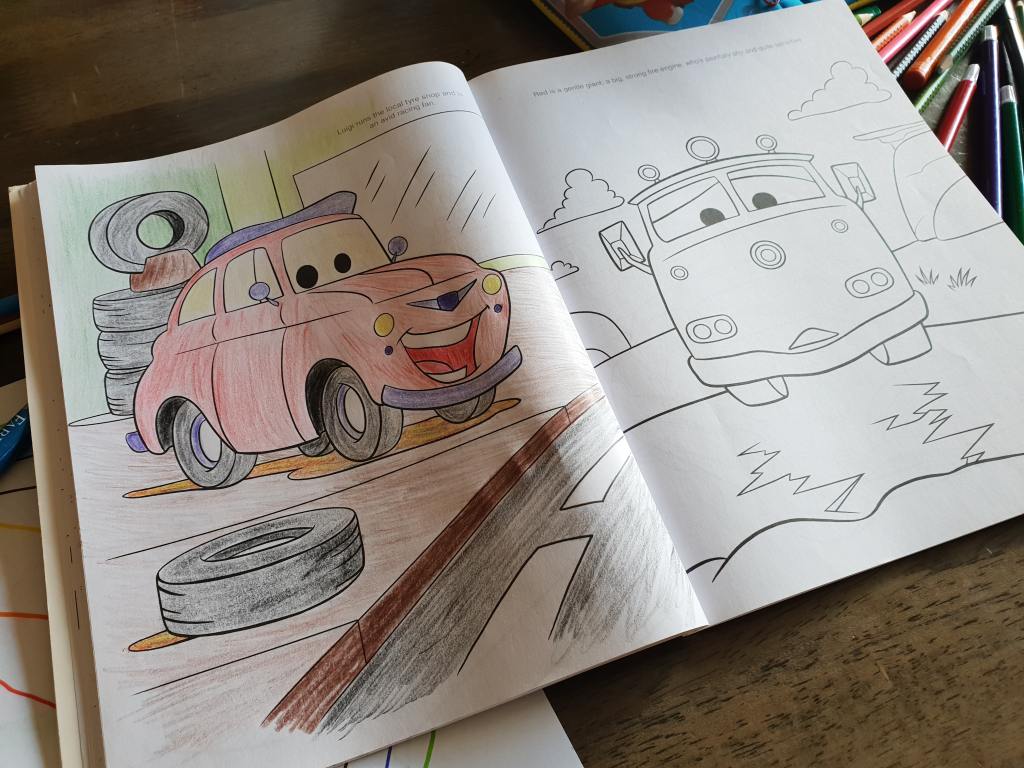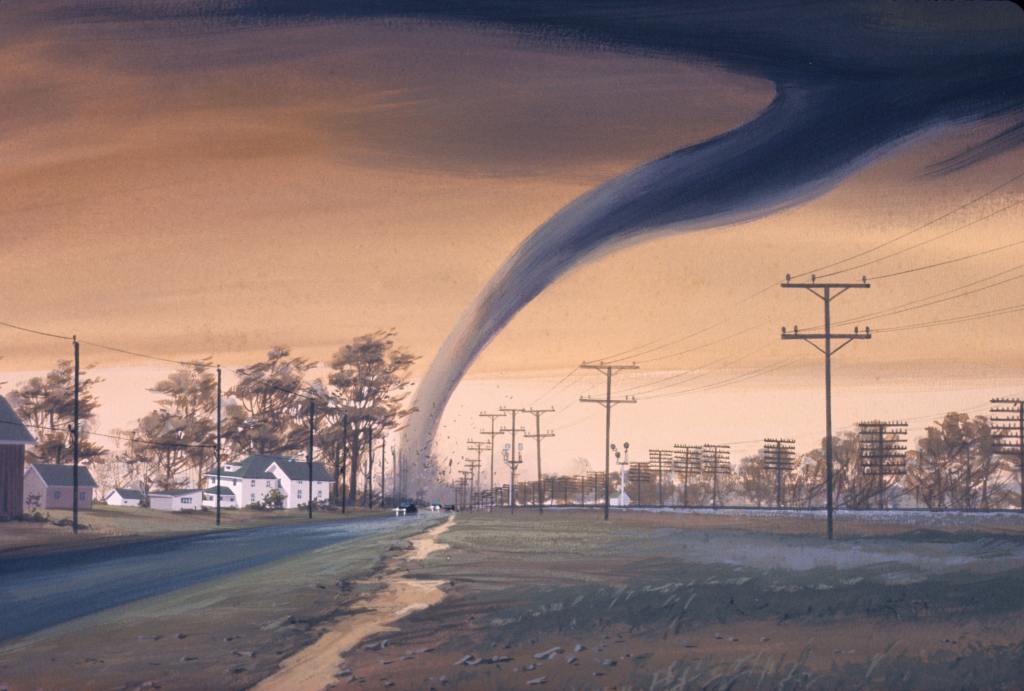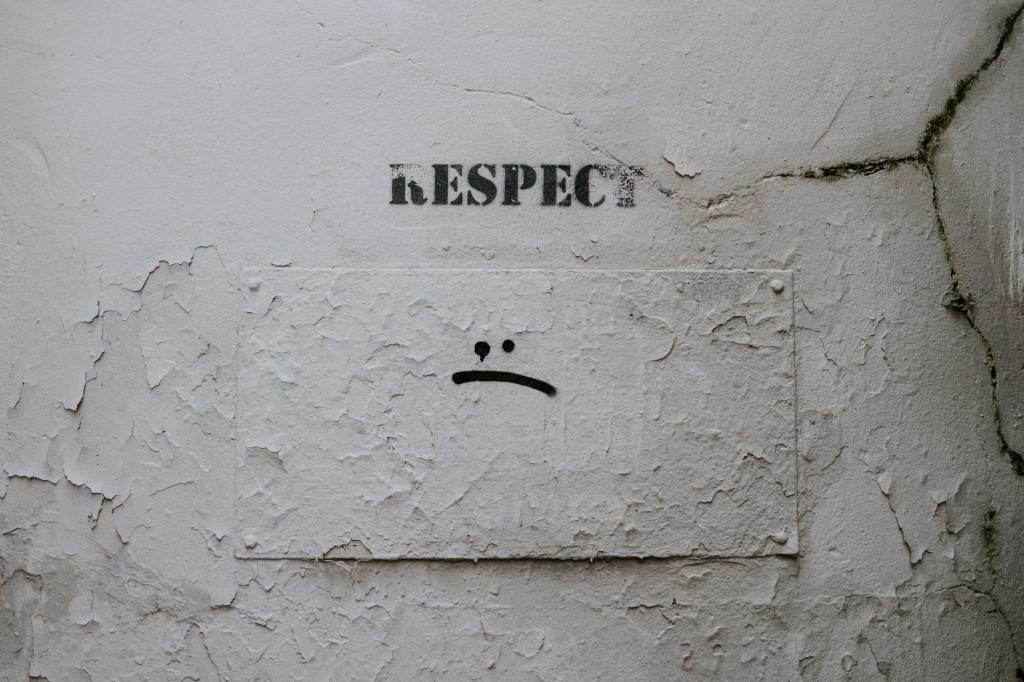
Words need to be chosen carefully. We don’t want to cause distress or harm from the things that we say. We have to be mindful of others’ reactions to what we have told them. We need to be clear with the message that we are trying to broadcast. We need to say what we mean and mean what we say. The same is true when it comes to talking about death and dying. People often avoid using those “D” words. Is this because they are trying to protect the listener or themselves? The use of euphemisms can make the message unclear and confusing. Especially if English is a second or third language for people. What terms can you think of to avoid using dying and death?
They are about to pass away. They have passed away. – Overtaking whilst driving?
We are about to lose them. They are lost. – GPS would help?
They are about to leave. They are gone. – On holiday?
Time is running out. Time has run out. – On what? The Boxing Day sale?
Time is short. There is no time left. – On your Netflix subscription?
They are deteriorating. – Standards are dropping?
They are declining. – What an invitation?
They have extreme frailty. – I have extreme confusion.
They are on the edge. They have fallen off the edge of the cliff. – Quick, call a tow truck.
They are running out of fuel. They are empty. It wouldn’t happen with an EV?
They are really, really sick. – That’s why they’re in hospice right?
They are about to go to a better place. They’ve gone to a better place. – Alabama?
They’re stuffed. – Like a fluffy toy?
It’s the end of the line. – The front of the queue?
They’re approaching the finish line. – About to win the race?
And the list goes on and on….Please feel free to add any favourites in the comments.
What I usually say is, “They are dying. They have died.”









